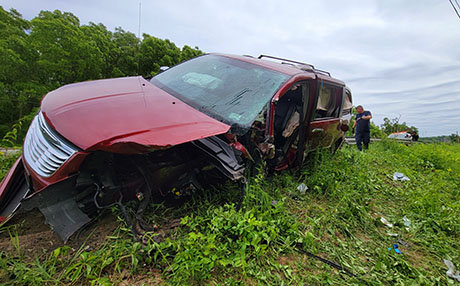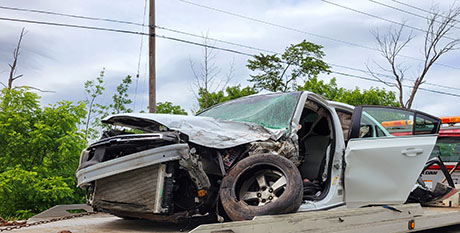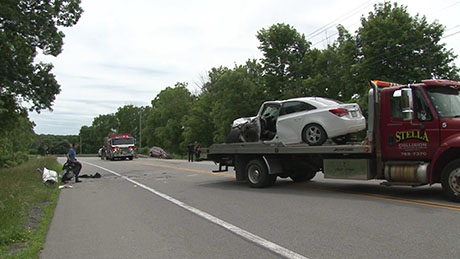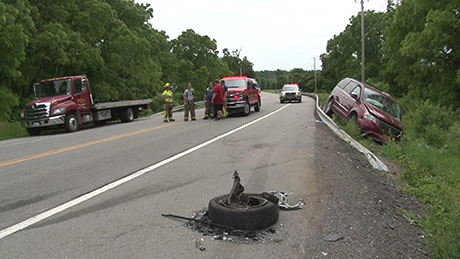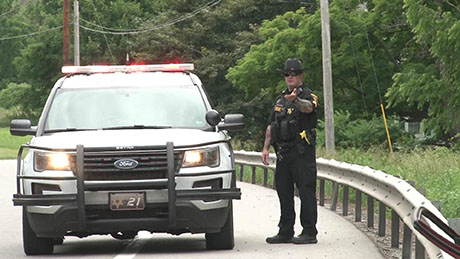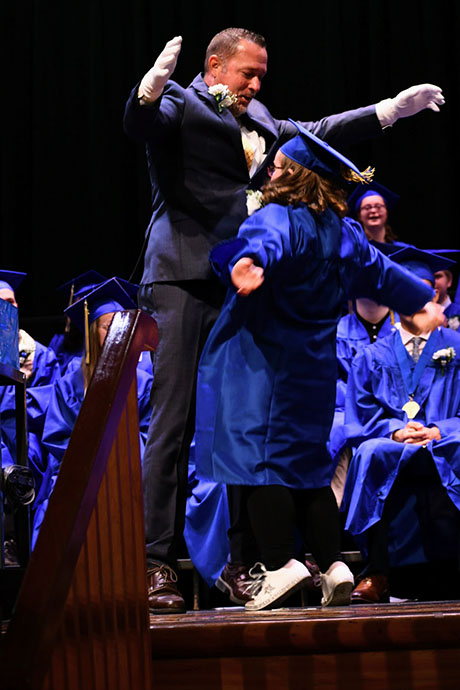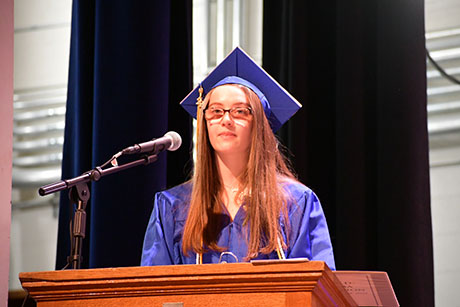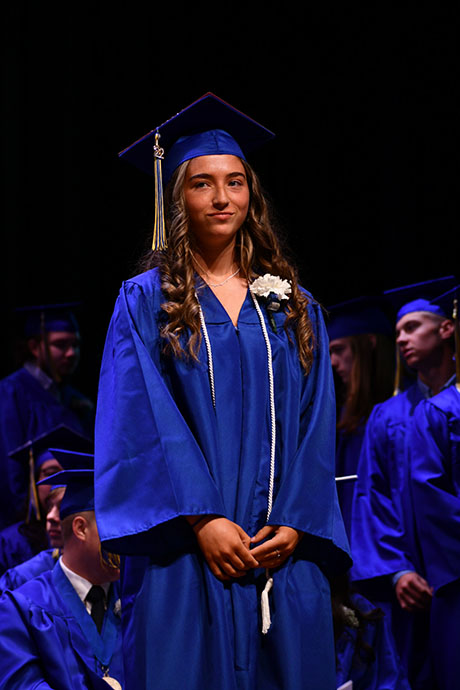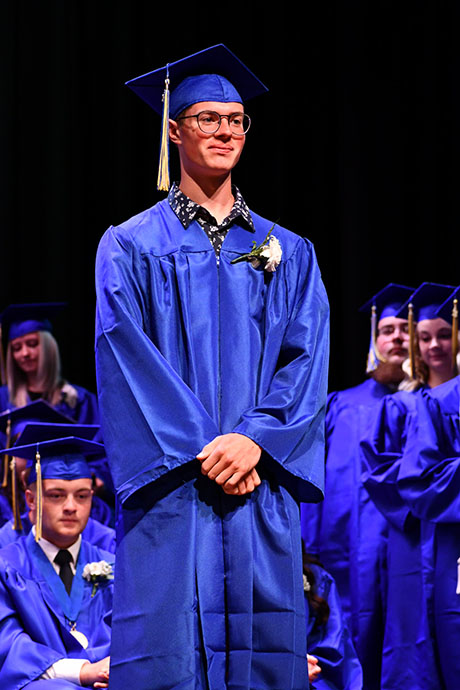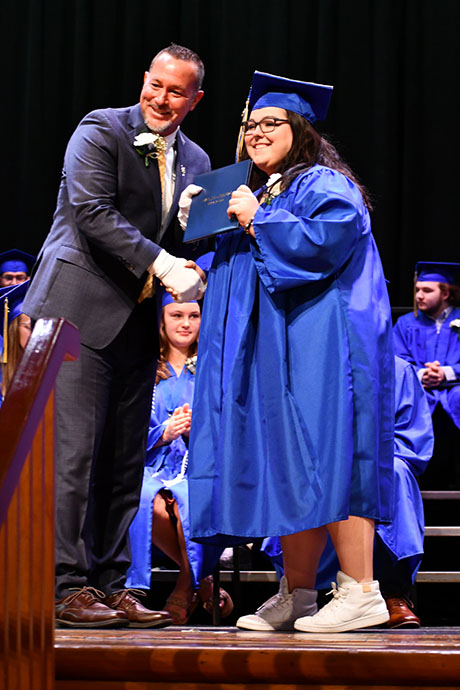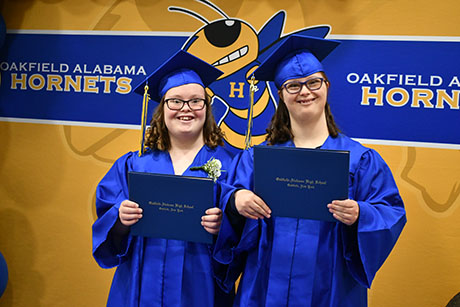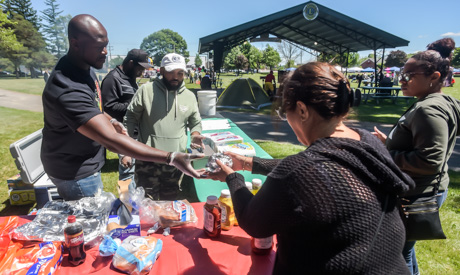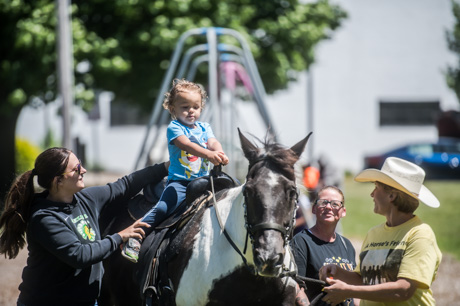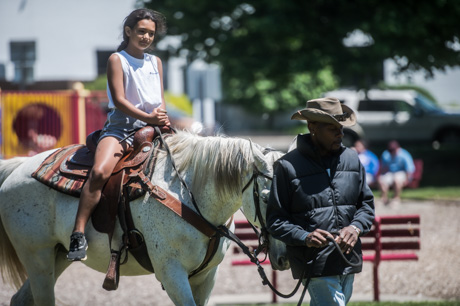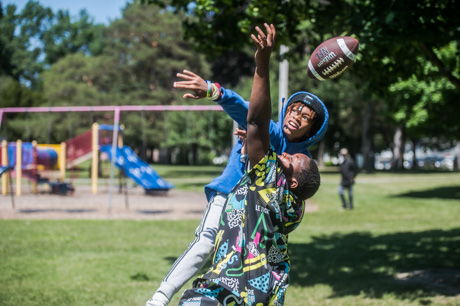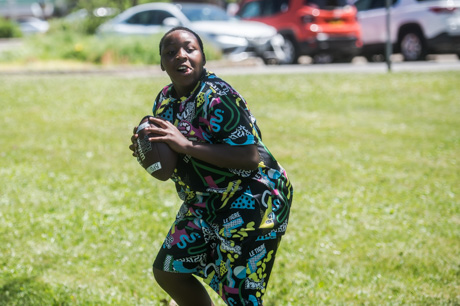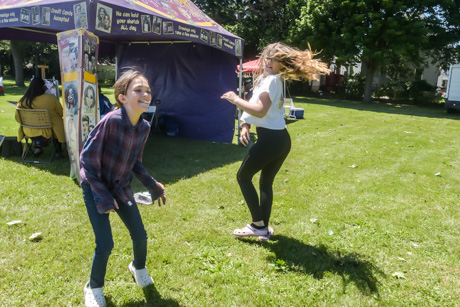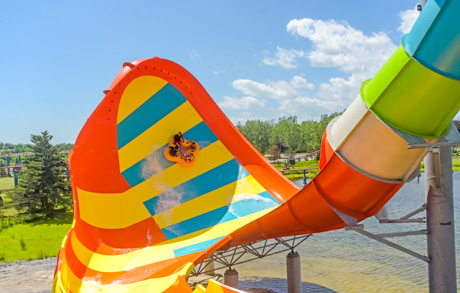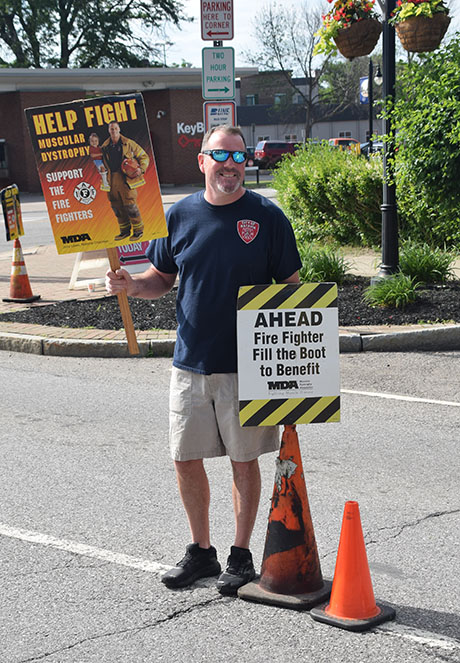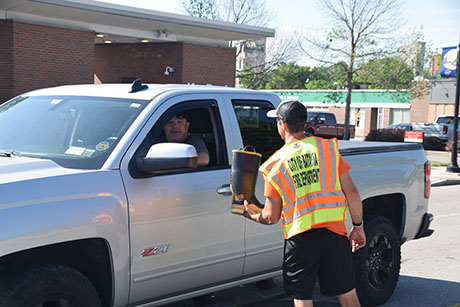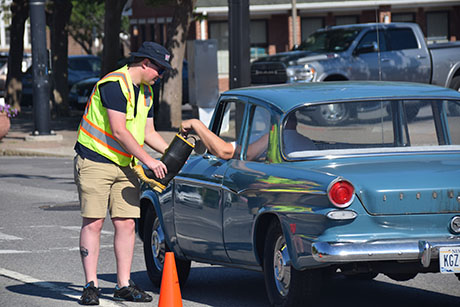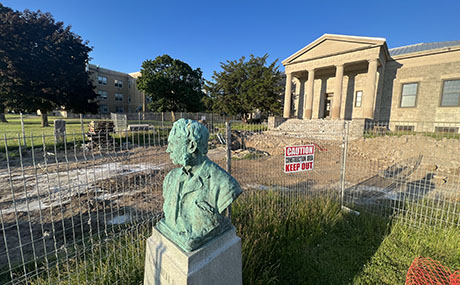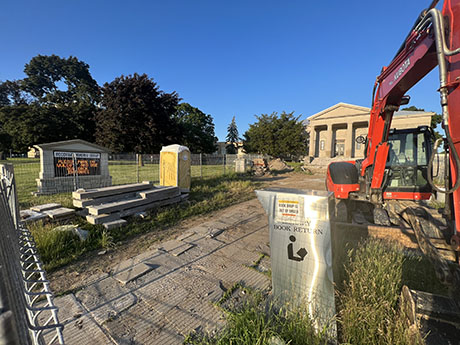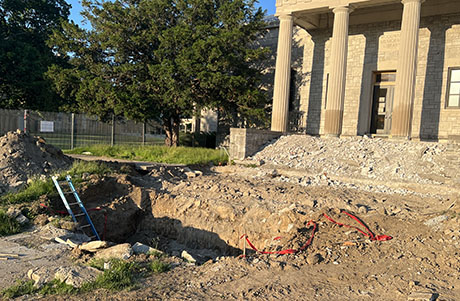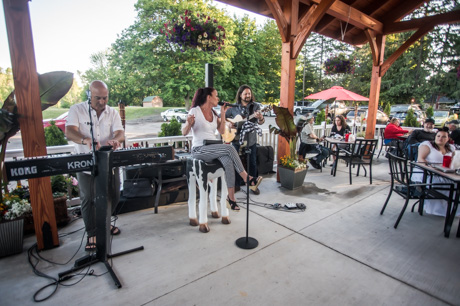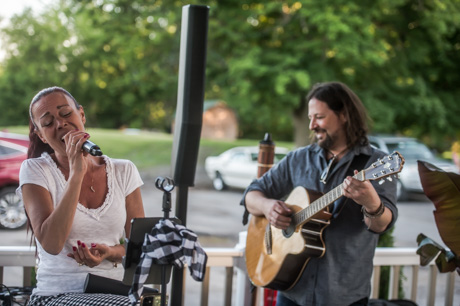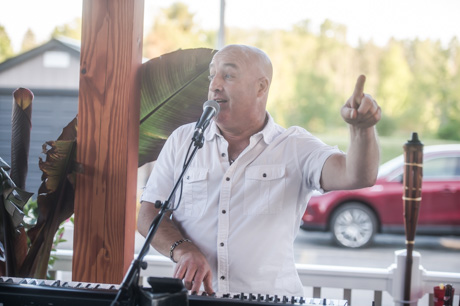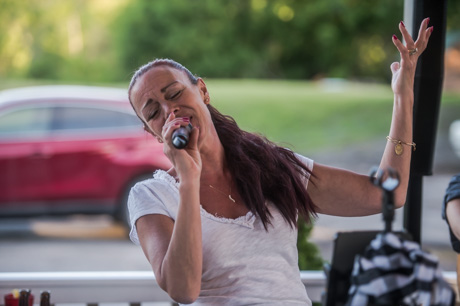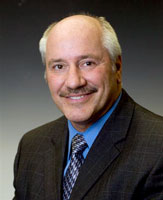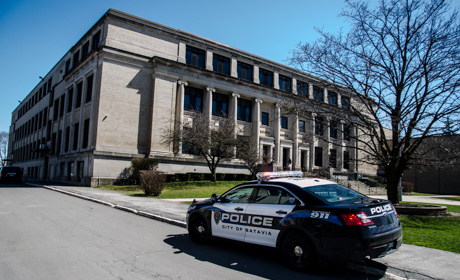A proposal to hire a second School Resource Officer wasn’t a matter of “if” Thursday evening.
From the city schools board comments, it’s a matter of when.
Superintendent Jason Smith believes that, given “recent tragic events over the past month” in Buffalo and Texas, that school safety concerns have once again been heightened.
“I have been personally contacted by parents and staff members about adding a second School Resource Officer,” he said during Thursday’s school board meeting. “The safety of our students, faculty, and staff has always been and will always be our top priority. While our district continues to implement best safety practices, we felt there was room for improvement. Our current SRO covers four schools in our district, and with the addition of Robert Morris next year, it makes this position all the more necessary and timely.
“If approved, BCSD will fully fund both SRO positions via a contract with City Council. The SROs are employed, appointed and overseen by the Batavia Police Department.”
It’s about time, Board member John Reigle said.
“I think it’s overdue,” Reigle said. “Officer Stevens has a huge workload, and it would be beneficial for her and for our district.”
Board President Alice Benedict agreed, adding that it seems as though the current officer spends a lot of time at the high school and, due to time constraints, cannot make it to other city schools on a regular basis.
“I think we need another one to help cover those buildings,” she said.
The other question — no small detail — was about how to fund a second officer in the district. Business Administrator Scott Rozanski said that the district will be entering Phase III of the federal COVID monies distributed two years ago, and about $200,000 had been set aside for remote learning. Smith added that the money was to be used for learning needs through BOCES, but a lack of enrollment will free up the funding for other uses. Rozanski suggested that the district could use those funds for a second SRO.
“So we can reallocate those funds and put it towards the school resource officer and then work on phasing in that position to the general fund budget, it will be similar to what we did to close all the positions this year,” Rozanski said. “So the general fund budget will slowly, incrementally increase and absorb that cost over the next two years.”
These officers are not direct employees of the district, as they are subcontracted from the City Police Department. Smith has been talking to City Council, the city manager, and the police department about a possible arrangement. One officer would cover the high and middle schools while a second officer would cover Jackson Primary, John Kennedy Intermediate, and Robert Morris.
“Our current SRO has a myriad of responsibilities including providing assistance with the District on juvenile matters affecting our students, proactive interventions with families and students, general safety and security in our schools, along with our school security aides, and working in partnership with the District in general safety programming,” Smith said.
The board — Chezeray Rolle, Korrine Anderson, Barbara Bowman, John Reigle, John Marucci and Benedict — agreed to authorize Smith to pursue hiring a second SRO. The board is expected to vote on the measure in July or August.
The Batavian has reached out to City Manager Rachael Tabelski today for further clarification about the city’s role in obtaining a second SRO for the school district. This article will be updated with her response when possible.
UPDATED 6/18/22: City Manager Rachael Tabelski recommended that City Council extend a prior agreement for the district's first SRO earlier this year, extending the contract to June 2024. If the district moves forward with hiring a second SRO, the process will involve a final vote from the school board and City Council.
The stipulations for a School Resource Officer are:
- The City will provide one officer to the BCSD that is a full-time City of Batavia law enforcement officer with excellent communication skills, ability to relate to children and students and planning skills.
- The BCSD will reimburse the City of Batavia 100% of the Officers salary and employee benefits, including any overtime actually worked.
- The City will assign a full-time SRO to the School according to a mutually agreeable schedule, between the first day of the academic year until the final day of the academic year.
- The City remains responsible for providing a vehicle for the SRO as well as the SRO’s uniform, equipment, and training.
- Services for the SRO will be billed based on the amount budgeted for the police officer assigned SRO duties and the actual overtime incurred during the billing cycle. Billing cycle will be on a quarterly basis.
- The term of this Agreement commences April 11, 2022 and expires on June 30, 2024.
Photo: File Photo, 2013. Batavia Middle School. Photo by Howard Owens.

